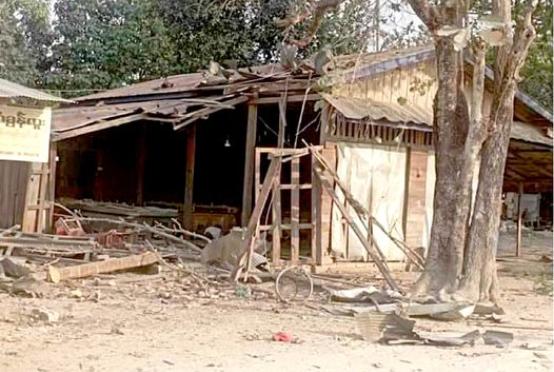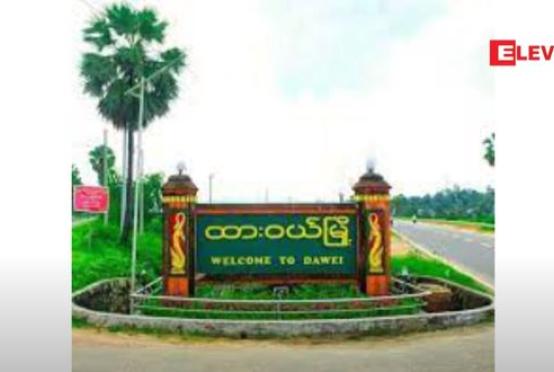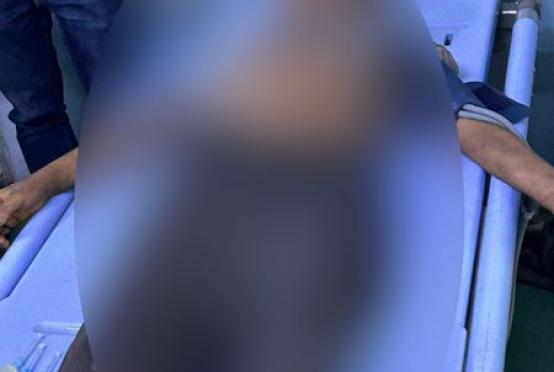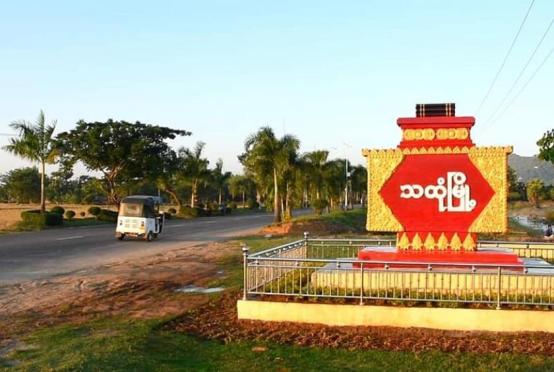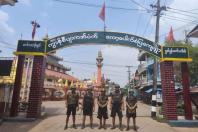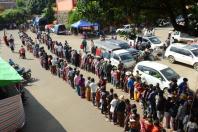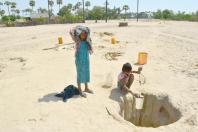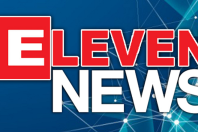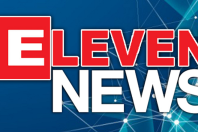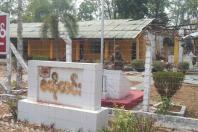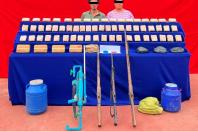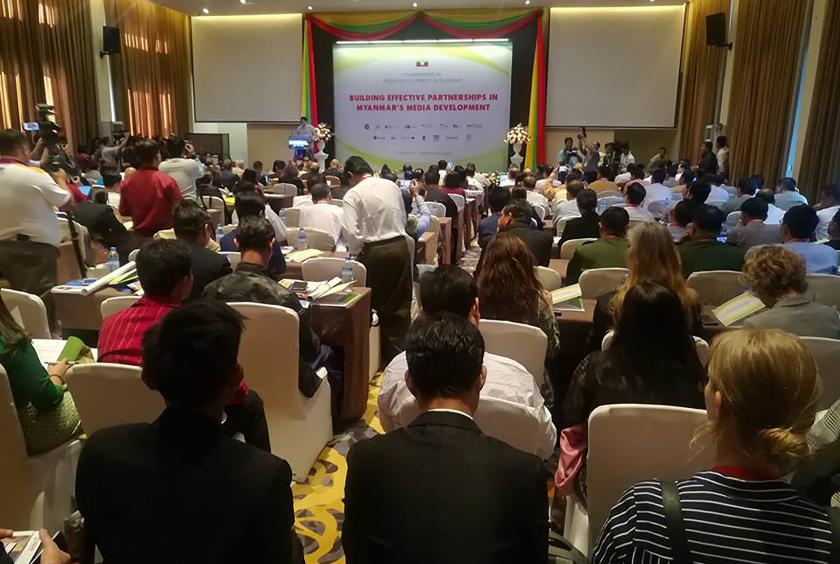
The print and broadcast media of the State will remain in the future as it plays crucial role in discharging the major duty of serving a bridge between government and people, said Union Minister Pe Myint of the Ministry of Information.
The remarks of the Union Minister came from the 7th Conference on Media Development in Myanmar with the conference title “Building Effective Partnerships in Myanmar’s Media Development” focusing on legislation, freedom, safety and sustainability of the media at ParkRoyal Hotel in Nay Pyi Taw on December 5.
The government has print and broadcast media to carry news to the people. It is discharging the major duty of serving a bridge between government and the people. Our country is making all of its efforts to set up a democratic federal Union.
The current parliament is elected by the people. The people-elected government forms the parliament for the people. Our duty is to report what the government is serving for the State and the people. Its duty is being discharged by the State-owned print and broadcast media. I hope that these forms of media will remain in times of next governments, said Union Minister Pe Myint.
I hear of the county with being devoid of media freedom. Media freedom becomes worse now than the previous. It seems like a form of blaming. Thorough review of media should be analysed, said Union Minister Pe Myint.
The government revoked the press scrutiny board in 2012. Independent writings came after the revocation of the press scrutiny board. I don’t mention social media within the next three years after 2012. Media enjoyed freedom to some degree. Critics described heads of State and departmental officials. The writings in time of the previous government should be compared with those in time of the current one, said Union Minister Pe Myint.
Media should reveal who and what organizations own and support them and their attitudes and stances, said Union Minister Pe Myint.
Freedom of press and freedom of expression are of importance, too. But, the journalists should try to escape from the clutches of those who influence on them financially. It should be thought of how much editors go against the influence of the producer and how much producers go against the influence of the financial supporters. It is required to think of who is responsible for editorial policy or editorial independence. Where is editorial policy, in the hands of editors or not? No editorial policy means no freedom of press or no freedom of expression, said Union Minister Pe Myint.
A reporter asked the Union Minister whether he could influence over the editors once he published a journal.
Union Minister Pe Myint replied that he published a journal of his own. He was not only a publisher but also an editor. Similar problem did not appear when he published a journal. He mentioned an actual situation. The editors had to arrange what news to be displayed on the paper and what policy they stood. The media owner who appointed the editors was not allowed to interfere in the editorial policy. If so, he would be lack of editorial independence.
Translated and Edited by Win Htut

